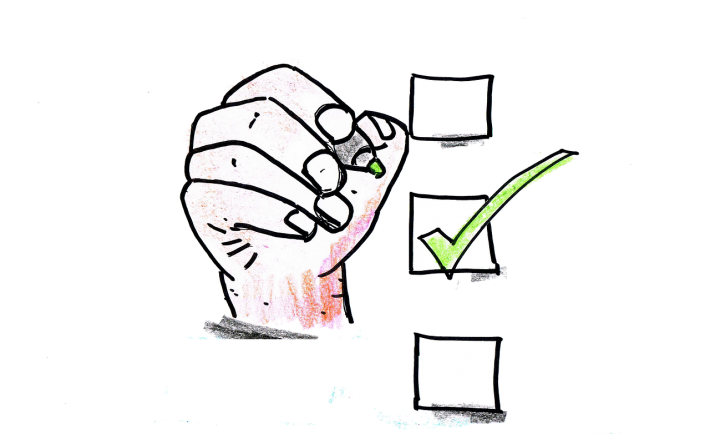It comes as no surprise that many Singaporeans immediately turn to social media to share their achievements. Facebook and Twitter “walls” are bombarded with celebratory posts and pictures. If you feel that you have nothing worthy to share, think again! Our lives are full of achievements on a smaller scale.
Take these humble financial achievements into consideration:
SETTING UP A SUFFICIENT EMERGENCY FUND
If you are done building your emergency fund then, I am proud of you!
An emergency fund is a safety net that will cushion emergency expenses against high interest debts and bankruptcy. It is not entirely for you as you can use it to provide for your family members who are in need. The certain amount depends on your current situation. For instance, a married couple can merge their contributions and divide it into half. While, unwed individuals must cover at least half a year to stay afloat.
According to a Bankrate.com poll, participants from the younger generation did not appear to be less inclined to build their emergency funds than their senior counterparts. This goes to show that more people are opening up to the idea of shielding their future. Saving up while you are young will benefit you because time is on your side.
DEVELOPING THE HABIT OF TRACKING YOUR SPENDING
If you religiously track your spending, you must keep it up!
Noting down your daily or weekly expenses is a tedious chore, but it can help you manage your wealth efficiently. The primary reason why you need to do this is to create financial awareness. You need to know where your money is going in order to change your unhealthy spending habits. It is as simple as minimizing the income wastage.
Furthermore, it allows you to see if your spending habits match your financial priorities. Make sure to spend within your means.
ORGANIZING YOUR MONTHLY BILLS
If you are on top or ahead of your monthly bills then, you are doing your credit score a favor!
Organizing your bills goes hand in hand with the above bullet. This may either be done digitally or manually. Choose to scan your bills after you have received them and after they are paid. Store these papers in a secured hiding spot. Alternatively, you may save the scanned documents in a designated folder on your computer.
To make sure that you never miss a deadline, you may set up an auto-pay service within the companies that you pay bills to.
CONQUERING ALL THE ADDITIONAL FEES
You are fed up with the additional fees and made some adjustments with your lifestyle. I salute this action!
Being careless with your finances is forgivable in your early 20’s when you are not fully equipped with the financial knowledge and resources. As soon as you move forward in your life, you must aim to pay for what you will actually use.
For instance, it may seem insignificant to incur extra fees for withdrawing cash from an ATM that is not from your bank. However, walking a few blocks to find the right machine can save you at least S$5 (that can purchase you a meal from Kopitiam). Make simple alterations in your lifestyle in order to avoid additional fees.
PURCHASING WHAT YOU SAVED UP FOR
Congratulations! You did not give in to the temptation of swiping your credit card to complete the purchase. Instead, you eliminated unnecessary expenses and set aside cash for weeks. There is something satisfying about finally getting an item that you spent a lot of time saving for. Savor this positive feeling.

Image Credits: pixabay.com
Acknowledging seemingly small victories helps you to picture a progress in your financial journey. Psychologically, it elicits positive emotions and perceptions. The more individuals experience the sense of progress, the more likely they will be motivated and productive in the long run.
Notice these humble achievements and be proud of yourself!










